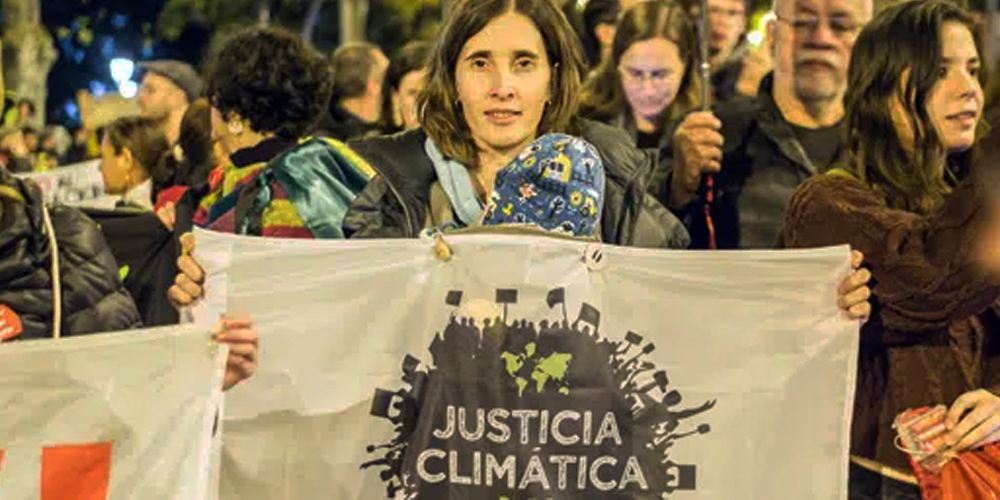Our island floats on the backs of unpaid women. Ireland has the third highest amount of unpaid work in the EU, consisting primarily of care work. The state has continued to support a gendered distribution of this work, rather than attempt any dual caregiving model, like those of Scandinavian countries or Cuba. This exploitation is particularly startling in regard to childcare and housework. According to a recent Irish Human Rights and Equality Commission report:
“The average time spent on care across the whole population is 16 hours per week; 10.6 hours for men and 21.3 hours for women… Women in Ireland report doing an average of just under 20 hours of housework per week, and men report an average of 7 hours.
While time on housework is related to hours of employment for both women and men, at each level of paid work, women do significantly more housework than men.”
The distribution of unpaid care in Ireland is “vital to understanding wider gender differences in the labour market and resources in society” in terms of access to employment, availability, promotion opportunities, wages and working conditions, the Commission argues.
Yet a lack of political action since this 2019 report has resulted in high rates of burnout and the mass emigration of teachers, carers, and healthcare professionals. For all the talk of rewarding essential workers during the COVID-19 pandemic, these areas of care and community work remain severely undervalued and underpaid.
With a new government due to take its seats before the new year, are there new tactics to consider for union organisers and activists to empower and support care workers into 2025? Is there a way we can capitalise on international pressures?
Vanessa Conroy, Project Officer of Feminist Communities for Climate Justice, a joint Women’s Council and Community Work Ireland initiative, argues that a green rebranding of care work can help leverage the plight of carers through a green lens: “All of our future government’s work will be done with an eye to emission targets – given the significant [EU] economic sanctions”.
“There seems to be a general consensus that we need to green existing jobs, or create new green jobs, rather than recognising the work that already is green. And the fact is that care work, as well as community work and education, are all low carbon jobs and essential jobs – but we don’t see them in the same conversations. They’re on average 26x less polluting than an industry job and 200x less polluting than a job in agriculture.”
However, a climate refocus must go well beyond a rebrand. Goals outlined in the UK Feminist Green New Deal Report, towards building a “green and caring economy” include: moving away from energy-intensive industries and ending GDP growth as a key economic objective, democratising ownership of natural resources and basic services, rolling back private provision of care, and reforming financial institutions, amongst others.
In the immediate term, promoting the green jobs angle aims to address the gendered nature of care work, create opportunities for public investment and progressive taxation, and reduce the exploitation of migrant labour in the sector.
Care workers often engage in “providing sustenance and resource gathering” and, as a result, take the brunt of increased food costs due to unseasonal weather. Moreover, increasing energy costs are compounding issues for carers, pushing more and more into energy poverty.
“Lone parent households, the majority of which are women, are most at risk of Energy Poverty. Especially those in the private rental sector, where there’s no real minimum energy rating certificate. These parents don’t have a say in whether the building gets retrofitted, creating a real energy poverty trap.”
With the role of care so central in these overlapping crises, and so disregarded by employers, a fresh perspective playing to the buzzwords and requirements of EU environmental mandates, may be just what the sector needs.
“If we bring care work into that green jobs discourse, we do get a triple benefit out of it”, Conroy notes. “We reduce gender inequality, if we give [care work] the same status as a green job, with better pay to make it more attractive for people to move out of more extractive, polluting work. We help with reducing carbon emissions. And we bring up rates of employment in the country as well. It’s a win, win, win, really.”






